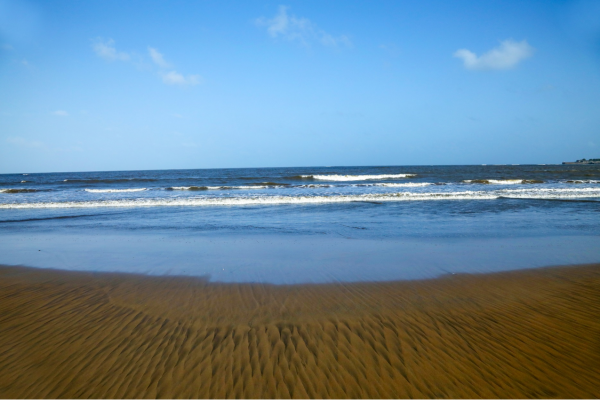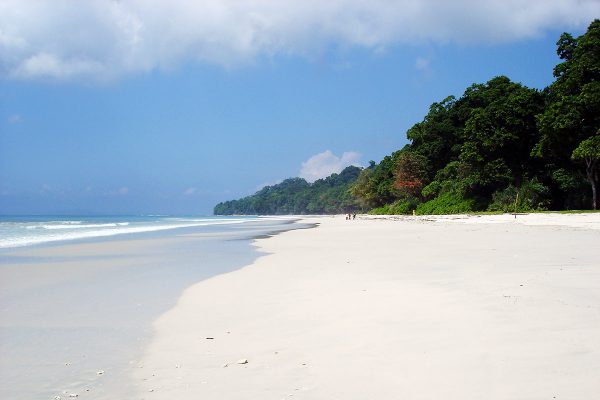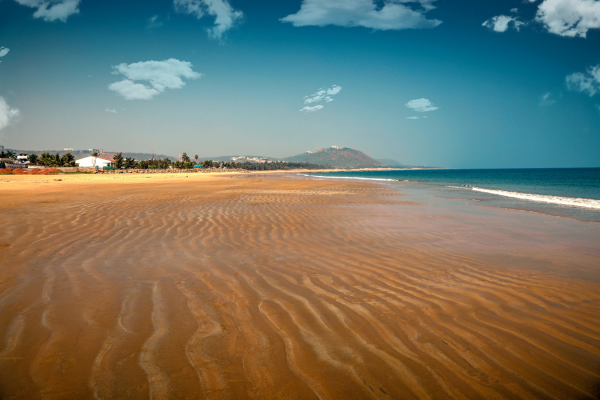NEW DELHI, 10 November 2020: Eight beaches in India have gained International Blue Flag Certification awarded for sound environmental and sustainable practices.
It caught the attention of Union Minister of Environment, Forest and Climate Change, Shri Prakash Javadekar, who tweeted “this is a proud moment for India as the beaches that spread across five states and two union territories, have been awarded the Blue Flag by an international jury comprising of eminent members of UNEP, UNWTO, FEE, IUCN.”

Ghoghla Beach, Diu. 
Radhanagar beach, Andaman & Nicobar. 
Rushikonda Beach, Andhra Pradesh.
India’s beaches that won Blue Flag recognition are Shivrajpur (Dwarka-Gujarat), Ghoghla (Diu), Kasarkod and Padubidri (Karnataka), Kappad (Kerala), Rushikonda (AP), Golden (Puri-Odisha) and Radhanagar (A&N Islands).
India won the 3rd Prize by an international jury under the “international best practices” for pollution control in coastal regions the Press Information Bureau of India stated.
“It is an outstanding feat considering that no ‘BLUE FLAG’ nation has ever been awarded for eight beaches in a single attempt,” the Union Minister of Environment, Forest and Climate Change said in his tweet message. “This is also a global recognition of India’s conservation and sustainable development efforts”.
In a second tweet, he added: “India is also the first country in the Asia-Pacific region which has achieved this feat in just about years years’ time”.

Japan, South Korea and UAE are the only other Asian nations to have been conferred with two Blue Flag beaches, but in a time frame of about five to six years.
India is now in the league of 50 Blue Flag countries and plans gain recognition for 100 such beaches in the country over the next five years, the minister promised.
India began its journey in 2018 by developing pilot beaches (one each in coastal states) and presented the first set of 8 beaches for the certification earlier this year.
In its pursuit of “Sustainable Development” of the coastal regions of India has also embarked on the highly acclaimed programme “BEAMS” (Beach Environment & Aesthetics Management Services) under its ICZM (Integrated Coastal Zone Management) project. This was aimed at striving for the coveted International eco-label “Blue flag”, accorded by The Foundation of Environment Education, FEE Denmark.
The objective of the BEAMS programme is to abate pollution in coastal areas. It also encourages local authorities and stakeholders to strive and maintain high standards of cleanliness, hygiene, safety and security for beachgoers.







